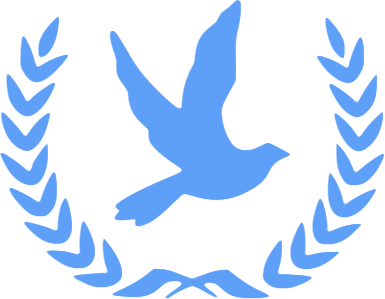World Tourism Organization (UN Tourism)
Mitigating the Impact of Tourism on Local Communities
Committee Description
The United Nations World Tourism Organization (UN Tourism) was established in response to the steep growth of the tourism industry in the late 20th Century. As the leading international organization overseeing global tourism, it operates with the mission of advocating for responsible, ethical, and accessible tourism practices that contribute to sustainable development. With millions of people now travelling every year to marvel at the natural and cultural wonders of the world, tourism has had undeniable positive impacts on the economic prosperity of many nations. However, this phenomenon has also posed challenges for local communities, who have had to bear the burden of overtourism in their daily lives.
Across the world, various communities are significantly impacted by influxes of tourists in their area. The extensive development of accommodations, businesses, and attractions catering to tourists puts significant pressure on the existing local infrastructure, and oftentimes forces the displacement of local populations. As tourism-centred businesses multiply, so do employment opportunities, and more and more locals depend on an unstable source of revenue that is contingent on the peaks of the high season. A booming tourism market also increases the cost of living, notably housing, making it even more difficult for locals to maintain their lifestyles amidst rising prices. It is also imperative to consider the impacts of tourism on cultural heritage, as it fosters cultural exchange, but also threatens cultural identity and heritage sites through commodification and commercialization, which highlights the necessity of a balance between promotion and preservation.
This committee primarily seeks to address the impact of tourism on local populations residing in highly touristic areas. Delegates will propose and debate measures that UN Tourism can adopt to mitigate the harmful consequences of tourism while continuing to promote responsible travel. As they tackle these issues, delegates are encouraged to consider the crucial role of tourism in many nations’ economies, and craft solutions and proposals that address the multifaceted nature of the topic.
If you have any questions, feel free to contact Rose Cioffi at gaecosoc@ssuns.org


